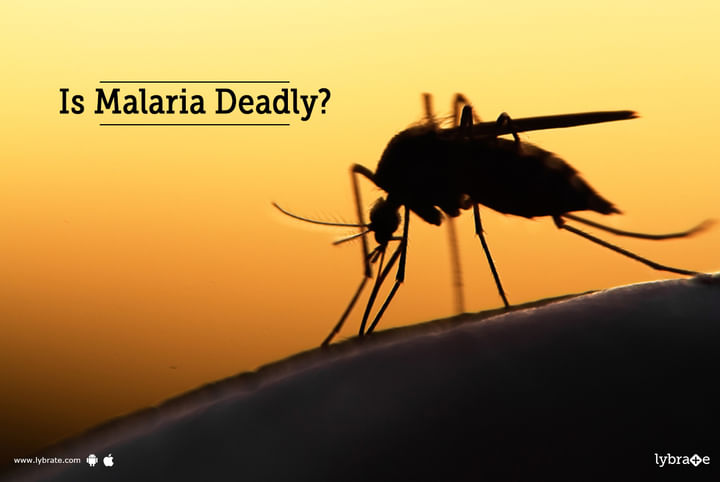Is Malaria Deadly?
Yes, malaria is known as one of the deadliest diseases of the century. Statistics of WHO show that 241 million were infected cases out of which, 627 000 died last year. When these statistics are concentrated in India, studies have shown insightful facts. India alone possesses 3% of the global cases, which is known to have a slight decrease every year. But despite that India is still standing on the top.
Why Malaria Is So Deadly?
To know the main reason behind its lethal nature, it's important to understand the life cycle of the parasite, and how it affects the human body.
As we all know, malaria is spread via an infected mosquito bite. These mosquitoes are commonly found in subtropical and tropical regions of the world. They lay eggs in stagnant water, which grows into larvae and then develops into adult mosquitos.
There are some other ways of transmission that make it contagious. For instance transfusion, pregnancy, or sharing a needle with an infected person can also spread the disease.
But are mosquitoes born with disease? Well, the answer is no! They are the carriers of a single-celled parasite of the genus plasmodium which can be picked from a diseased person, infected fluids, or any place that has been contaminated with the parasite. During reproduction, female mosquitoes fly around to fetch food, while doing that they often pick the parasite as well. So in case, a mosquito has picked the parasite they become lethal and cause malaria.
Coming to the second part, it affects the human body by going straight to the liver and hampers its health. The parasite feeds on liver cells and kept on multiplying until they are enough to reach the bloodstream. This process could take weeks or months. Once the parasite enters the bloodstream it started to travel throughout the human body, at this point the infected person often experience symptoms. The parasite will now enter different organs like the spleen, brain, and lungs causing different symptoms. Since it is parasitic in nature, the immune system is not able to fight back without proper treatment, resulting in critical conditions and lastly death.
The good news is, malaria can be treated. There are many treatment options available to kill the parasite and help the person to have a full recovery from internal damage. Plus, vaccines and safe hygiene practices are always there to strengthen the prevention of malaria.



+1.svg)
